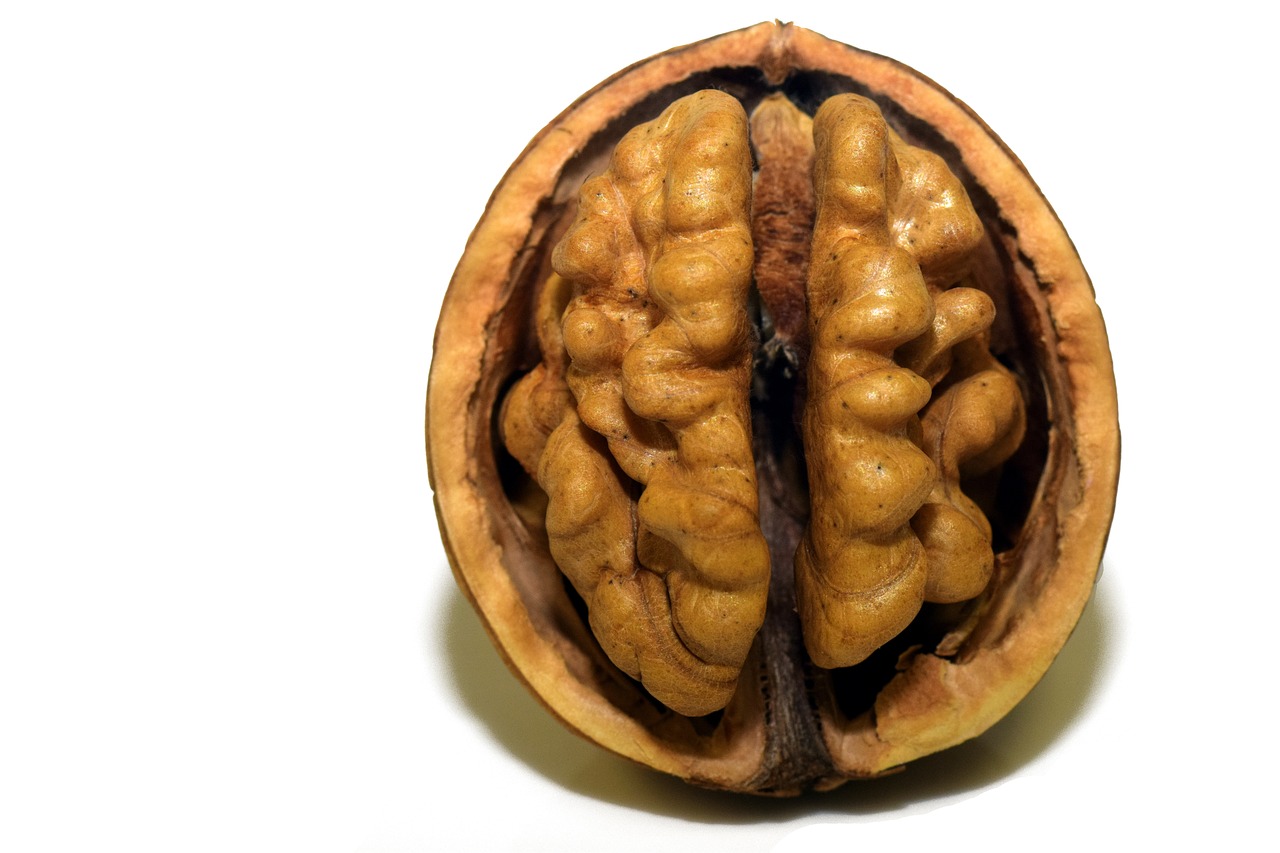Top Health Benefits of Avocado

Sometimes referred to as an alligator pear, the health benefits of avocado as well as its high nutrition should make it a part of your weekly diet. The avocado is a green fruit that grows in tropical and semi-tropical areas of the world including Central America, South America, California and Florida. Avocados are climacteric fruits, meaning they come to maturity while on the tree, but ripen only after falling to the ground. The avocado has been cultivated for approximately eleven centuries and more than 450 variations of the fruit exist today. A single avocado tree can produce up to 600 avocados each year. Although few fruits can boast the same nutritional value of an avocado, many people are completely unaware of just how many vitamins and minerals are packed into this tasty fruit. Avocados can be eaten raw or used to make condiments such as guacamole or salad dressings.
A Vitamin-Rich Fruit
A mid-sized avocado contains approximately 300 nutrient packed calories. The fruit contains generous amounts of vitamins K, D, C, E and B, as well a vast array of both primary and trace minerals. Vitamin B is essential to a healthy nervous system and to proper metabolic function. Vitamin D is necessary for adequate bone growth and healthy teeth. Vitamins C and E are powerful anti-oxidants and are vital to a strong immune system. Vitamin K is essential to proper blood clotting and bone health. Vitamins D and K also work together to promote healthy joint cartilage and enhance the human body’s production of osteoclasts, the cells that form new bones as a child grows.
Avocados also contain high amounts of lutein, a nutrient that is vital to healthy vision. In addition, the fruit is packed with both insoluble and soluble fiber and generous amounts of omega three fatty acids, which are essential to brain and heart health.
Essential Minerals
The fruit also contains a significant number of vital minerals including magnesium, calcium, potassium and copper, all of which play an essential role in human nutrition. Potassium is a vital nutrient for heart and muscle health and aides proper functioning of the human nervous system. In addition, potassium helps to balance a person’s fluids and electrolytes. Studies also suggest that a diet high in potassium can combat hypertension-high blood pressure. One small avocado contains the recommended daily allowance-RDA-of this mineral.
Calcium and magnesium are necessary for normal bone growth and healthy teeth. An average size avocado contains 50 percent of the RDA of magnesium and 33 percent of the RDA of calcium. Avocados are also rich in copper, which is a trace mineral that is required in the formation of red blood cells, hemoglobin, collagen and elastin, and is vital to proper wound healing.
Avocados and Fat Content
75 percent of an avocado’s calories come from fat. This has been a cause of concern for several decades and has resulted in many people shunning the fruit altogether. However, now that dietitians and nutritionists understand the difference between unhealthy and healthy fats, it is clear that avocados are a very healthy food choice: Saturated fats found in many processed and fried foods can significantly raise one’s blood cholesterol, placing him or her at risk for heart disease or stroke. However, monounsaturated fats-the kind found in avocados-are heart-healthy and will not raise a person’s blood cholesterol or triglycerides.
Health Benefits of Avocado
There are other benefits associated with avocados of which most individuals are unaware. Plant pigments, also called carotenoids, are found in various vegetables and fruits, and when they are metabolized they turn into potent antioxidants that bolster the human immune system and help it to combat serious illnesses such as cancer and heart disease.
Human absorption of these plant pigments doubles when one small avocado a day is added to a person’s diet. Research has also proved that even though many fruits and vegetables contain carotenoids, they will not be absorbed by the body unless they are eaten with fats.
Bone Health Benefits
In addition to vital nutrients such as the aforementioned vitamins, avocados contain a substantial amount of the trace mineral boron. Boron works with vitamins K, D and A to prevent osteoporosis and bone loss in older individuals and promote the development of healthy bones in children.
Lutein
As previously mentioned, avocados contain substantial amounts of lutein, which is essential in the prevention of many diseases of the eye, especially those associated with aging such as glaucoma, macular degeneration and cataracts. Additionally, in studies conducted in 1999, 2001 and 2005, a link was found between a lutein deficiency and arterial plaque, the latter being the culprit in over half of all heart attacks.
Lutein can be taken in the form of a supplement; however scientific research indicates that in order to receive the full benefits of lutein, it should come from a food source rather than a supplement. Avocados are rich in lutein, and therefore are considered an excellent source from which to acquire the nutrient.
Additional Studies
New studies are constantly being launched for the purpose of discovering more about the nutritional value in the vegetables and fruits consumed each day by people all around the world. Research recently conducted in Asia found that avocados may play a vital role in preventing many of the illnesses caused by common bacteria and other germs. The study confirmed the theory that avocados contain various antibacterial properties, which can help the body to fight numerous germs and harmful bacteria.
Almost anyone would agree that the nutritional value of avocados make the fruit an excellent addition to one’s diet. Once thought to be unhealthy due to their fat content, avocados are now regarded as one of the most nutritious fruits available on today’s produce market. Although some of the aforementioned vitamins and minerals can be found in other types of fruits, few foods can boast the high nutritional value and all of the health benefits of avocado.
The Author:
Jeff Andrews writes about the many common foods that are beneficial to your health.








